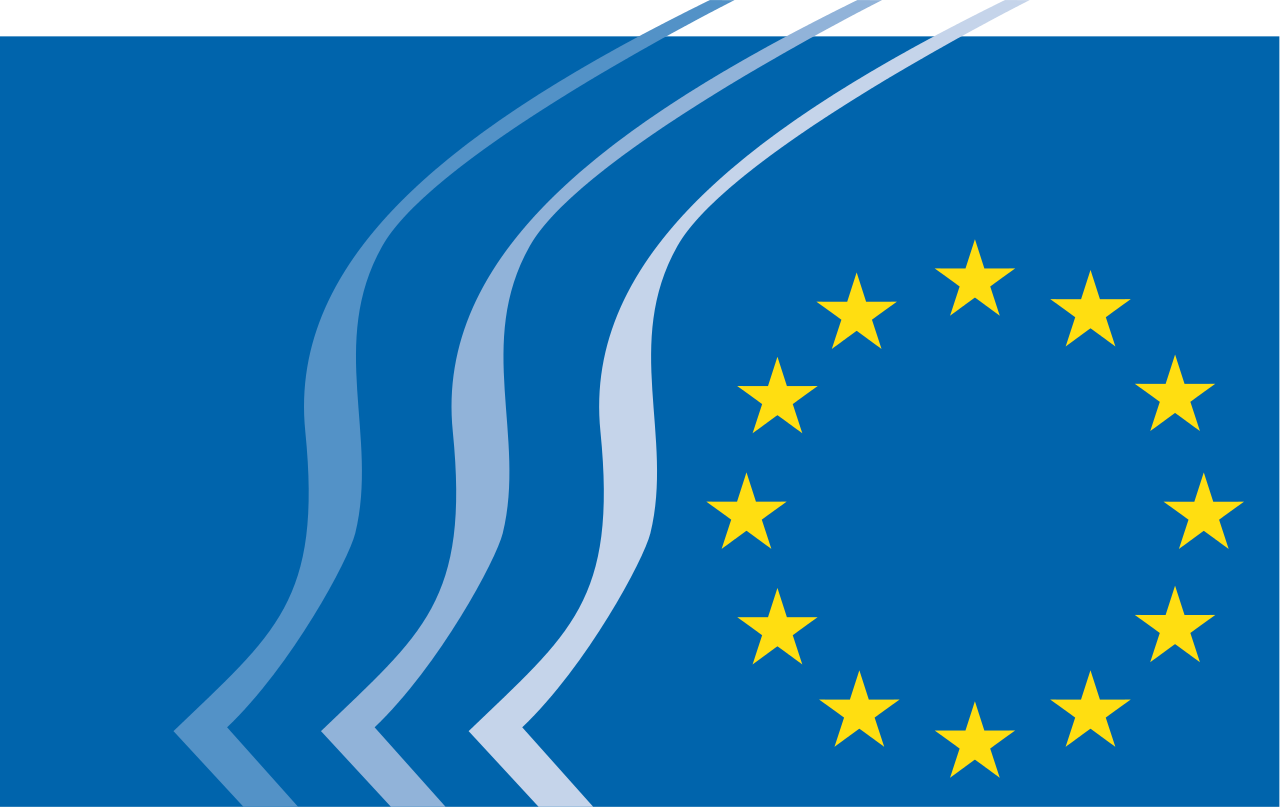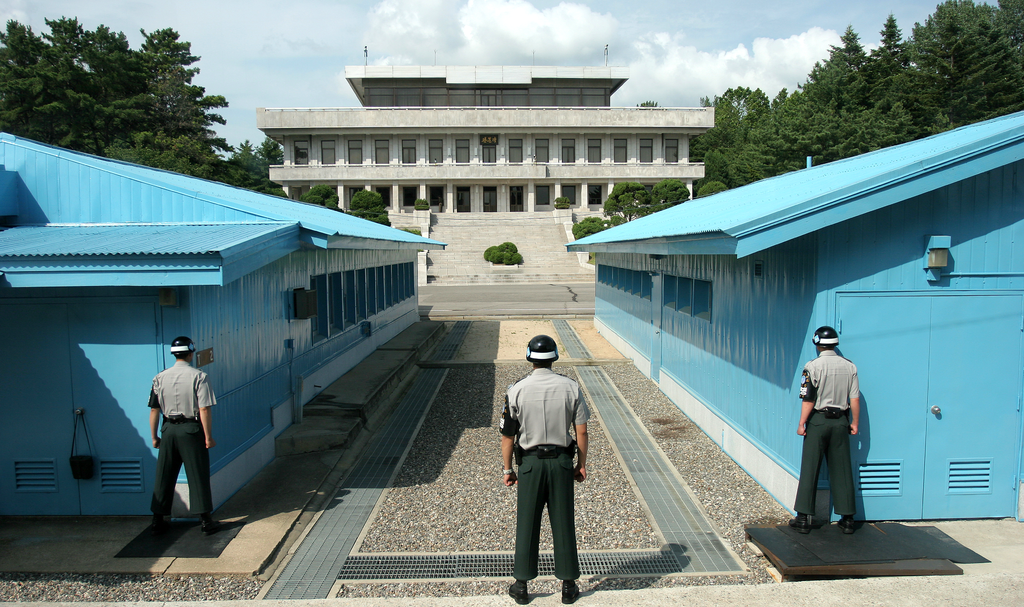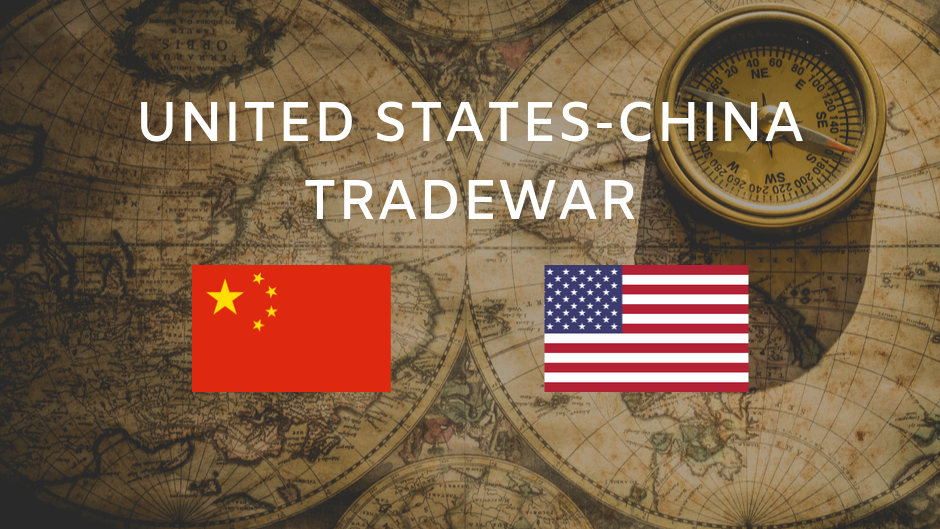Role: Be the voice of organized civil society
Members: 353 from all EU Member States
Location: Brussels
President: Henri Malosse (France)
The European Economic and Social Committee (EESC) is an advisory body of the EU. It includes representatives of workers’ and employers’ organizations and other interest groups. The EESC acts as a bridge between EU citizens and the decision-making institutions. It delivers opinions on EU matters to the European Commission, the Council of the European Union, and the European Parliament.
Members work for the EU, independently of their governments. They meet nine times a year to track the progress of long-term EU strategies through the EESC’s think tanks, known as ‘observatories’, and a steering committee. These entities are:
- The Sustainable Development Observatory
- The Labour Market Observatory
- The Single Market Observatory
- The Europe 2020 Steering Committee
The Breakdown
Members of the EESC are appointed for a term of five years, and the current mandate will run until October 2015. The Members elect the Committee’s Presidency to serve a 30-month term, which includes one President and two Vice-Presidents. One Vice-President is responsible for communications, and the other is in charge of the budget.
Members are nominated for a five-year renewable term by their governments, and appointed by the Council. They belong to one of three groups.
Employers’ Group (Group I): There are 117 members who are involved in the business world. They are trying to promote European integration by supporting business development, which is aiming to foster prosperity by creating jobs.
Workers’ Group (Group II): Its members comprise representatives from national trade unions, confederations and sectoral federations from over 80 trade union organizations
Various Interests Group (Group III): This 112 member group brings together a wide range of social, occupational, economic and cultural organizations that make up civil society in Member States.
Functional roles
The EESC fulfills three key tasks.
- Ensure that European policies and laws are better equipped with economic, social and civil conditions by assisting the Parliament, the Council and the Commission to seek consensus that serves the common good.
- Promote the development of a participatory EU by acting as an institution forum for Groups I, II and III. This allows for all parties to express the views of, and dialogue with organized civil society.
- Promote the values of European integration throughout Europe and across the world, and advance the cause of participatory democracy as well as the role of civil society organization.




